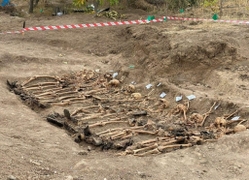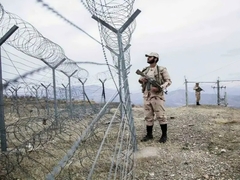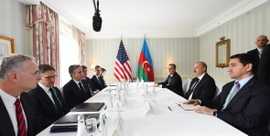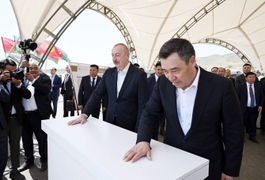Kazakhstan marked Republic Day on October 25 with an array of vibrant celebrations, commemorating a pivotal moment in its history.
The capital city, Astana, played host to over 200 cultural, educational, sports, and social events, symbolizing the nation's stride towards independence after over seven decades of Soviet rule.
The festivities, which began on October 23, spanned three days featuring an eclectic mix of events, including concerts, car rallies, exhibitions, excursions for children to iconic sites, round tables, and national sports tournaments, among others.
On October 23, the 123rd theater season was inaugurated in the renovated historical building of the Gorky Russian Drama Theater. The theater troupe unveiled several premieres, including "Aliya," a production honoring Hero of the Soviet Union and Kazakh sniper Aliya Moldagulova, as well as classics like Anton Chekhov's "The Cherry Orchard" and Edmond Rostand's "Cyrano de Bergerac."
The following day, the State Academic Philharmonic, named after Yerkegali Rakhmadiyev, and the Naz State Dance Theater mesmerized the audience with a captivating concert program. The Ulytau ethno-rock band was playing tunes that echoed throughout the Barys Arena Ice Palace. On October 25, the grand finale, the "Otan Kymbat" (Beloved Motherland) concert captivated audiences at the Palace of Peace and Reconciliation.
Kazakhstan re-established Republic Day as a national holiday after President Kassym-Jomart Tokayev put forward the proposal to revive the important date during the first National Kurultai (Congress) last June. The holiday had not been celebrated since 2009.
October 25, 1990, was a prominent day in Kazakh history, as the country’s Supreme Council passed the Declaration of Sovereignty, which, together with the Constitutional Independence Law adopted on December 16, 1991, established the modern-day Republic of Kazakhstan.
The document established the fundamental principles of sovereignty, such as unitary state, integrity, indivisibility, and inviolability of its territory, revival and development of culture, traditions, the language and strengthening of national identity, legal equality, and equal opportunities for representatives of all nations and nationalities, political pluralism and other principles.
The Declaration also divided state power into legislative, executive, and judicial branches. The President had the highest administrative and executive power.
Since the legal beginning of Kazakhstan's movement towards true independence, the country has been a champion of non-proliferation, disarmament, and global dialogue and has advanced efforts in international peace and security.
As of today, Kazakhstan is ranked the world’s ninth-largest crude oil exporter and holds the 15th-largest proven natural gas reserves. Among the post-Soviet countries, Kazakhstan owns the largest deposits of liquid hydrocarbons behind Russia.
The country stepped into the global oil market in 1993 after the country’s government and Chevron agreed to establish a giant oil-production venture, Tengizchevroil, to produce oil in two big fields near the Caspian Sea. In 1997, Kazakhstan signed a production sharing agreement with seven international companies, including Agip, British Gas, British Petroleum, Mobil, Shell, Statoil, and Total.
The country has joined the world’s most influential international organizations such as the United Nations, the Organization for Security and Co-operation in Europe, the Shanghai Cooperation Organization, and the Organization of Islamic Cooperation. Kazakhstan has become the first Central Asian country to be elected to a two-year term to the Security Council, the high-profile and permanent UN body that is charged with ensuring international peace and security.
Today, Kazakhstan is home to more than 19 million people, uniting different ethnicities, including ethnic Kazakhs, which make up over 70 percent of the population. Russians, Uzbeks, Ukrainians, Tatars, Germans, Koreans, and Azerbaijanis are all present in the country, along with other minorities.


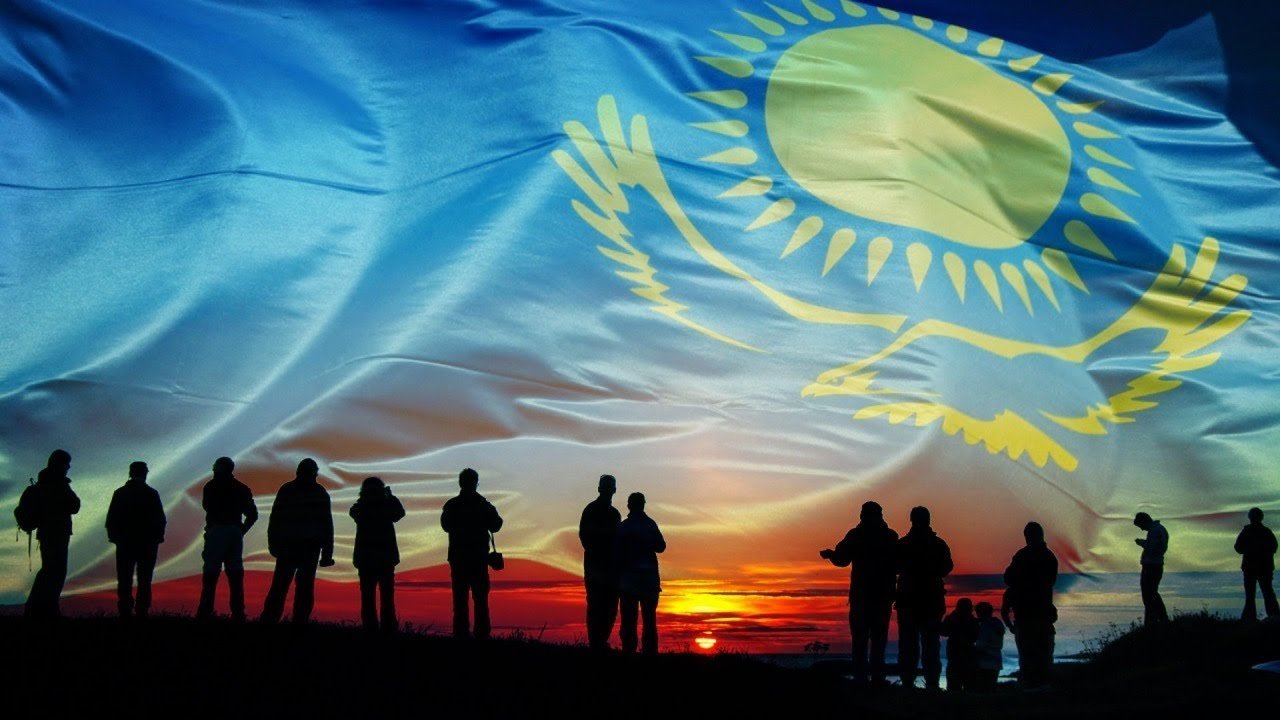




 Turkmen President Serdar Berdimuhamedow and British Secretary of State for Foreign Affairs, Commonwealth Affairs, and Development David Cameron dis...
Turkmen President Serdar Berdimuhamedow and British Secretary of State for Foreign Affairs, Commonwealth Affairs, and Development David Cameron dis...
 A draft resolution aimed at preventing the development and deployment of weapons of mass destruction (WMDs) in outer space, co-sponsored by Japan a...
A draft resolution aimed at preventing the development and deployment of weapons of mass destruction (WMDs) in outer space, co-sponsored by Japan a...
 Russia and Ukraine have engaged in direct negotiations facilitated by Qatar to address the exchange of children affected by the ongoing conflict.
Russia and Ukraine have engaged in direct negotiations facilitated by Qatar to address the exchange of children affected by the ongoing conflict.
